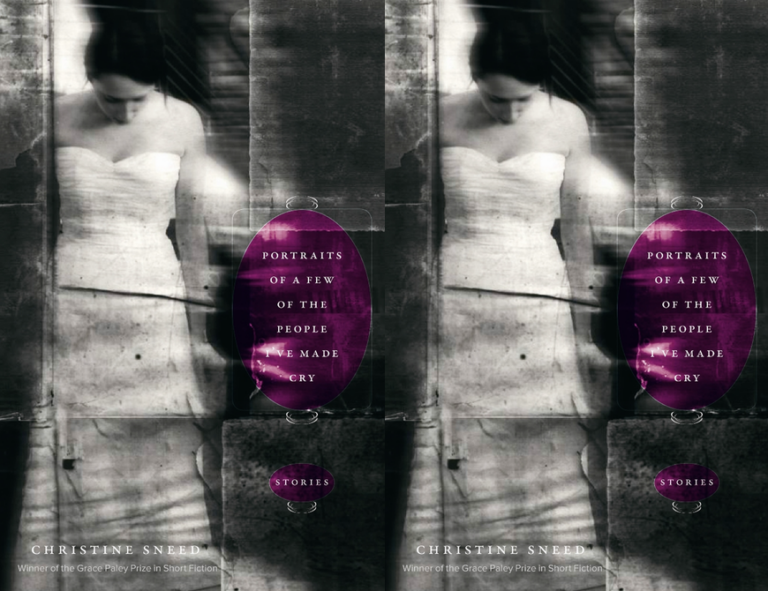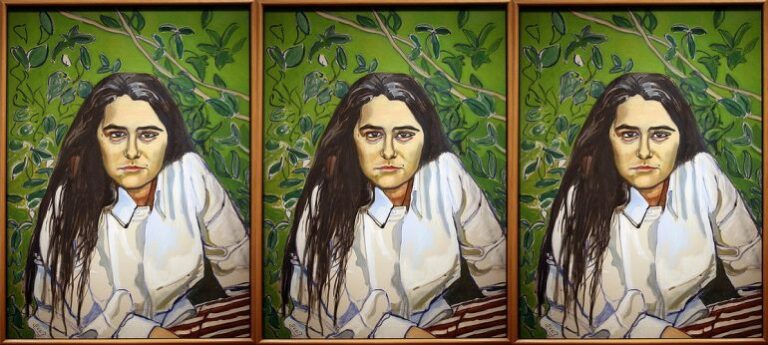Writing is Not Like…
For the past year or so, I’ve contemplated the ways that writing is like many other everyday tasks we undertake. In that time, I’ve reached for some unlikely comparisons. (See baseball, cooking, going on vacation.) As the year comes to a close, I’d like to reverse course and think about what writing isn’t like—besides badminton and motocross, of course.
Writing is not like magic.
They say everyone has a book in them, and this may well be true. But it’s not really a book until it’s on the outside, and that’s where the writing comes in. Having a good idea, feeling inspired, setting up your desk just-so: all of these can contribute to happy writing. But the only way to write is to write. Sit down and stare at the blank screen for a while and eventually begin.
At the end of every semester, I ask my undergraduate students to start a novel and think about outlining the whole book. Often they are surprised by how fast they shoot through their initial concept and into unknown territory, and how much the story they’ve imagined changes as they write. The writing process depends on thought and creativity, not muses, the right chair, or a killer concept. This stark fact may be why so many people you meet on airplanes have books that remain unwritten. There are no spells or potions; just deep thought, hard work, and the willingness to get it wrong before you get it right.
Writing is not like solving an equation.
Although a formula is in some sense the opposite of magic, it is equally irresistible. Some genres lend themselves to formula, but the best of writing in any genre transcends the expected, the rote. We’re all so immersed in stories these days—on TV, movies, video games—that it’s easy to believe we know how they work, and tempting to reduce them to parts that can be quantified, labeled, mass produced. But formulaic writing is by its nature reductive and writing at its best is expansive—showing us worlds, ways of thinking, possibilities that we haven’t seen before. There are no easy answers.
Writing is not like reading.
Reading takes work too, for sure, but you’re making your way through a story that’s already been written. Reading can help you understand how stories are structured, how characters develop, how language can affect readers, or even how annoying a lack of punctuation or paragraphs can be. But receiving these words, and their wisdom, is the opposite of creation.
The sense of safety reading provides will be familiar to anyone who’s revised their work. Having words on a page to respond to—even really shitty words—makes your job easier. It’s about responding rather than inventing. It’s about having handholds rather than free falling. To generate ideas, to be the one who decides what happens in a story, takes a different kind of energy and thought than reading about character and plots and reacting to them.
Writing is not like riding a bike.
Sure, writing more makes you better at it. The more you write, the more you come to know your strengths and weaknesses, your interests, your Achilles heels. (Is it possible to have more than two heels?) But each time you sit down to write something new—a blog post, a story, a poem, a novel—you begin again from scratch. You are wobbling down the road, looking back at your family, wondering who talked you into this crazy enterprise. You must learn again how to start, where the middle is, how to find the end. It’s unfamiliar all over again, which is part of the challenge—and part of the thrill when you succeed.


